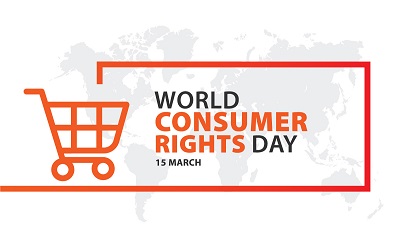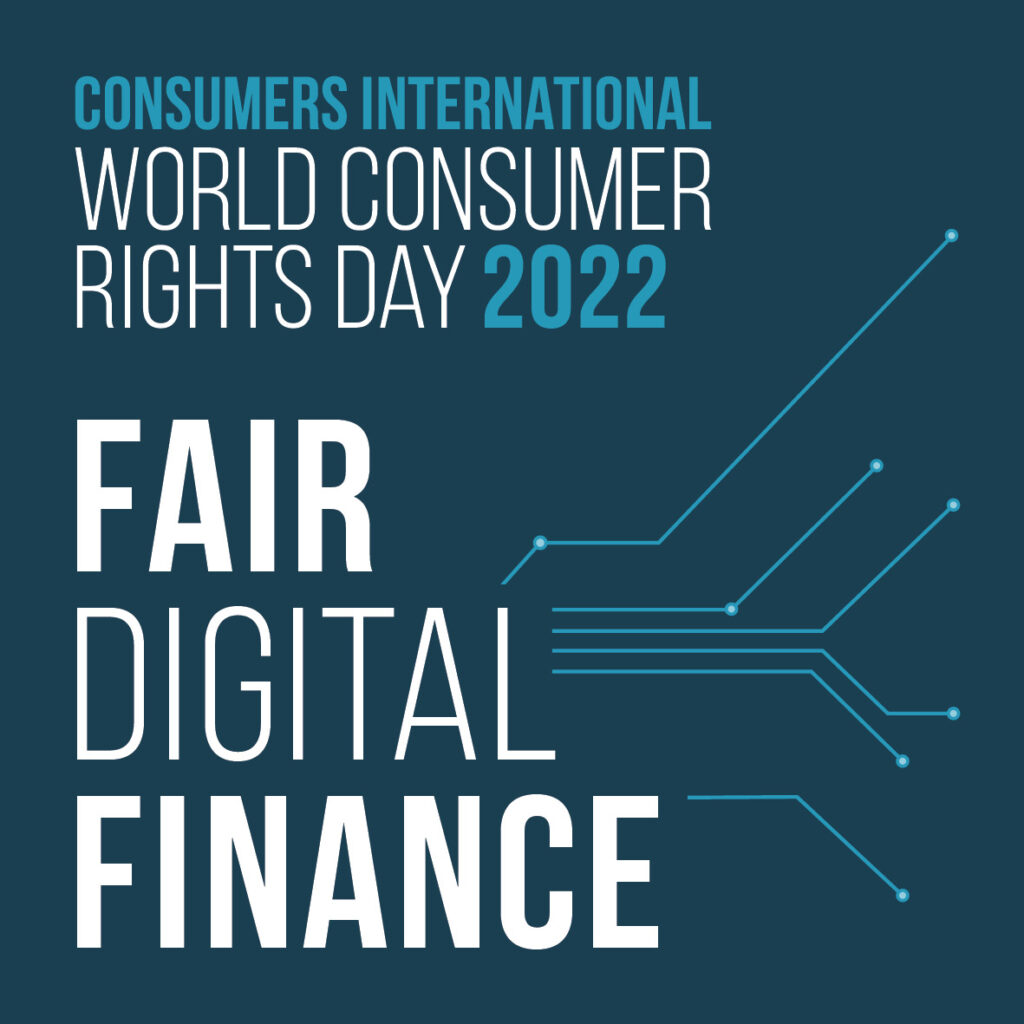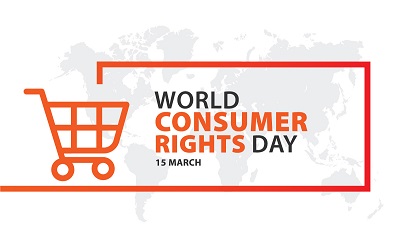I am highly amused when I read about fellow Bangalorean—Mr.Murthy, decided to take the legal route for 40 paise with Hotel Empire & in the process lost the case when the consumer court recently ruled that over 50 paise can be rounded off to one rupee under government rules.Murthy sued the restaurant for overcharging him 40 paise. The judges, on the other hand, pulled up the complainant for wasting the court’s time for publicity and ordered him to pay ₹4,000 in compensation to the restaurant’s managing director.
On May 21, 2021, a senior citizen-Murthy went to Hotel Empire on Central Street and ordered food.The staff presented him with a bill for ₹265. Murthy, however, questioned the staff when the total amount came to ₹264.60. When he did not receive a favourable response, he went to a consumer forum in Bengaluru and accused the restaurant of stealing from customers. The customer had asked for Re 1 in compensation for alleged service deficiencies, claiming that the incident had caused him “mental shock and agony.”
Murthy presented his case on his own in a lawsuit that began on June 26, 2021, while advocates Amshuman M and Adithya Ambrose represented the restaurant. The duo contended that the complaint was frivolous and vexatious and that the restaurant had charged the next round figure as tax in the bill rather than for the food, as permitted by Section 170 of the Central Goods and Services Tax Act-2017.
Customer/Consumer is King is a well known fact & customer service with clients is even more important to retain in the fiercely competitive food business (for that matter any business!), know more about Consumer Rights but lets not misuse them!

Although World Consumer Rights Day is celebrated on March 15, India observes it on December 24 because it was on December 24, 1986, that the Consumer Protection Act 1986 received the approval of the President of India and came into force.
World Consumer Rights Day was inspired by President John F Kennedy, who sent a special message to the US Congress on 15th March 1962, in which he formally addressed the issue of consumer rights. He was the first world leader to do so.Years later, from 1983 onwards, March 15 has been celebrated as World Consumer Rights Day. This is an opportunity to draw attention every year to the fundamental rights of all consumers, to respecting their needs and to protecting them. This year, the Membership of Consumers International – 200 consumer groups in 100 countries – selected ‘Fair Digital Finance’ as global theme.
The eight consumer rights are: Right to basic needs, Right to safety, Right to information, Right to choose, Right to representation, Right to redress, Right to consumer education, and Right to healthy environment.
The Annual themes in the last couple of years :
2021: Tackle Plastic Pollution
2020: The Sustainable Consumer
2019: Trusted Smart Products
2018: Making Digital Marketplaces Fairer
2017: Building a Digital World Consumers Can Trust
2016: Antibiotics Off the Menu
2015: Helping Consumers Choose Healthy Diets

By 2024, digital banking consumers are expected to exceed 3.6 billion. In the developing world, the proportion of account owners sending and receiving payments digitally has grown from 57% in 2014 to 70% in 2017. Digital finance brings new opportunities – but also new risks that can lead to unfair outcomes for consumers. Digital finance can increase the likelihood that the most vulnerable are left behind.
Digital technologies are reshaping payments, lending, insurance, and wealth management, becoming a key enabler for consumers of financial services. However, in recent years and exacerbated by the COVID-19 pandemic, consumers are increasingly exposed to scams, frauds, phishing and data malpractices. Consumers who experience economic hardship are particularly vulnerable to these harms.
This World Consumer Rights Day will spark the first-ever global conversation on the consumer vision for fair digital finance.





